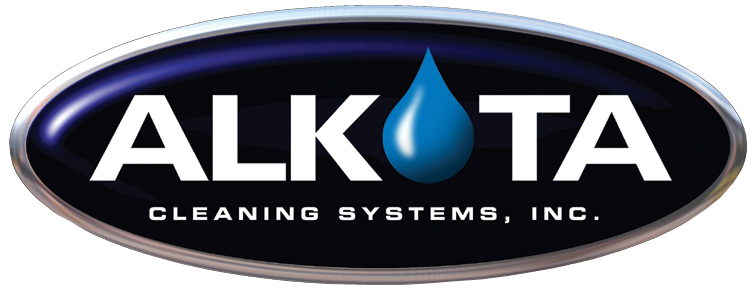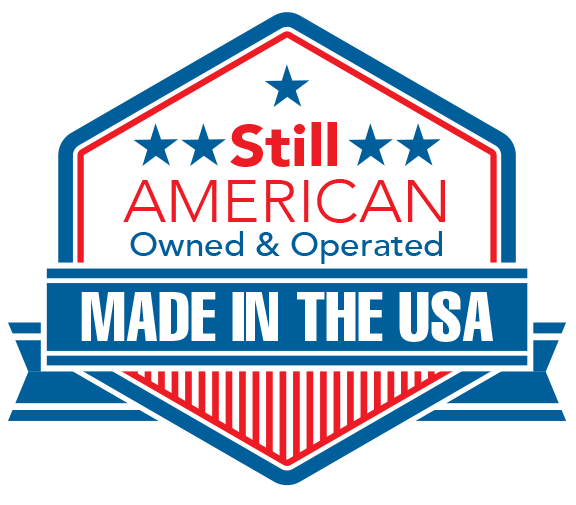Red, yellow, white, green, black, 25 degrees,40 degrees, rotary. When it comes to pressure washer nozzles, things can get confusing quickly. Lucky for you, we have a video and handy dandy guide to get you up and running ASAP.
We had some fun making this video to demo the potential power of each nozzle. We only demo the 25, 15, 0, and Rotary, but it should give you a pretty good visual of what each nozzle can do. Note that the machine used in this video is a 3-gallon per-minute, 3,000 PSI machine for industrial use. Homeowner-grade equipment results will vary. But the same principles apply when it comes to nozzle cleaning power.
Pressure washer nozzle colors are the quickest way to identify what degree a nozzle is.
- Red – 0° Nozzle
- Yellow – 15° Nozzle
- Green – 25° Nozzle
- White – 40° Nozzle
- Black or Brass – Soap Nozzle 65° #40
- Rotary Nozzles are typically larger and cone-shaped and come in various colors.
So what degree nozzle is best for the job I have? In other words, what do the different colored nozzles do? We’ll start with the least destructive and work our way up.
What pressure washer nozzle color to use?
Black or Brass Soap Pressure Washer Nozzles

Pressure washer soap nozzles are typically low-pressure and used for applying detergents to whatever you are cleaning. Typically these nozzles are 500psi with a 65° spray pattern. These nozzles can also be used for rinsing or light cleaning applications.
- Applying detergents, such as soap or chemicals
- Light rinsing
- Light Cleaning Applications
White Pressure Washer Nozzles
The white nozzles produce a 40-degree spray pattern. This wide pattern gives you higher pressure but a wide spread of water.
- Great for sweeping or clearing larger areas
- Cleaning up leaves or grass from sidewalks or patios
- House siding
- Glass surfaces
- Also great for rinsing soap or chemicals
Green Pressure Washer Nozzles

Green nozzles produce a 25-degree spray of water and concentrate your cleaning power. The green nozzle is excellent for cleaning houses, cars, boats, RVs, and wood surfaces like decks. It is also a perfect choice for prepping surfaces for painting.
- House exterior cleaning
- Decks and fences
- Vehicles, cars, trucks, boats, RVs
Yellow Pressure Washer Nozzles

Yellow pressure washer nozzles are the go-to nozzle for most users. Yellow nozzles provide a 15-degree spray pattern. They offer excellent cleaning power and precision. A 15-degree nozzle is the way to go when the mess gets more stubborn.
- stripping painted surfaces
- Grease, oil, and petroleum messes.
- Sticky adhesives
- Removing gum
- Anything the green nozzle didn’t tackle
- Industrial and Construction Equipment
Red Pressure Washer Nozzles

Red nozzles produce a 0-degree spray pattern. These nozzles are typically for cutting or dislodging large debris chunks (caked mud or grease). The 0-degree is highly aggressive and should be used with the utmost caution. Damage to surfaces can happen quickly and easily.
- Dislodging large chunks of debris
- Removing grout
- Cleaning expansion joints
- Slicing watermelons
- Boring or drilling in soil
Rotary Nozzles for Pressure Washers

Rotary nozzles, sometimes known as turbo nozzles, are arguably the most fun to use. Combining the power of a 0-degree nozzle pattern with quick spinning rotation allows for powerful cleaning with a wide coverage area. These nozzles are brass on stainless steel with a ceramic nozzle and seat. To prevent nozzle damage, always start these nozzles facing the ground. Just like the 0-degree nozzle, caution is recommended when using this nozzle. Damage to surfaces can happen quickly.
- Cleaning large, highly stained hard surfaces, such as concrete
- Removing graffiti
- Removing gum
- Cleaning stone or retaining walls
- Large grease or mud build-up
- Digging or trenching in soil
- Farm use in confinements
Make sure you download our FREE nozzle guide for a quick reference source!
We hope this helps you quickly select the best nozzle for your cleaning task! If you have questions, please let us know! Happy cleaning!



